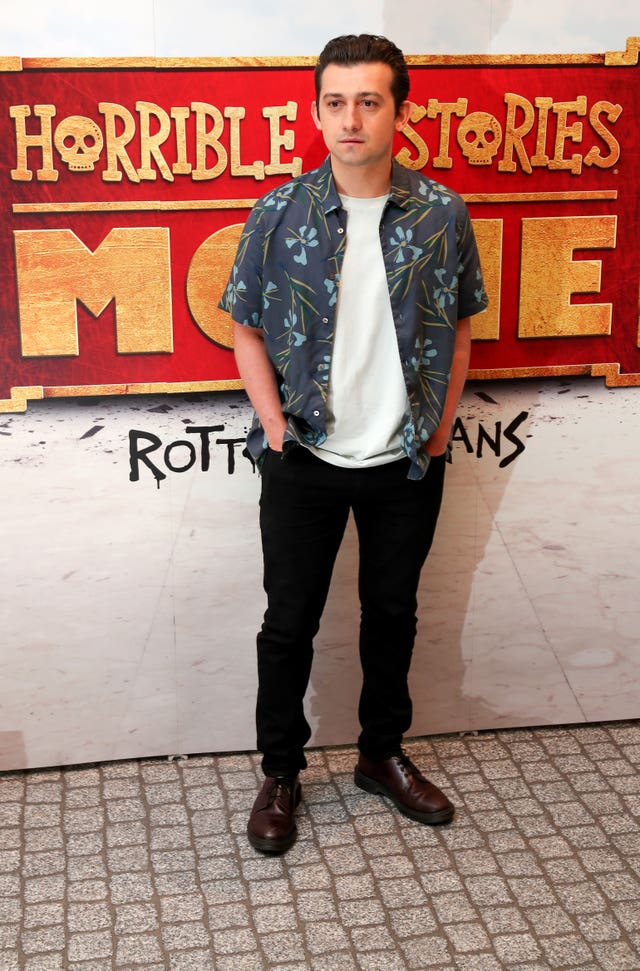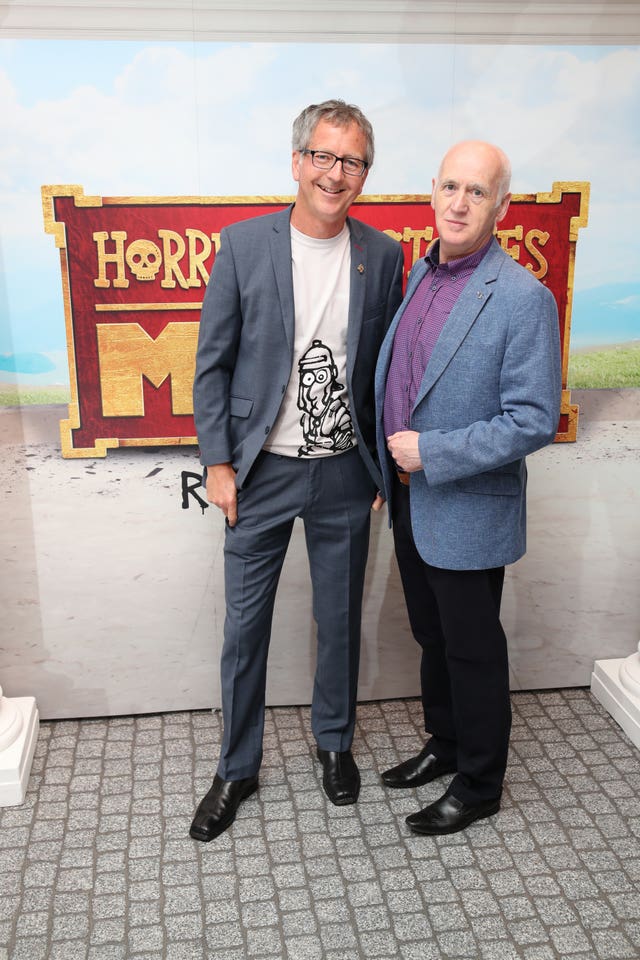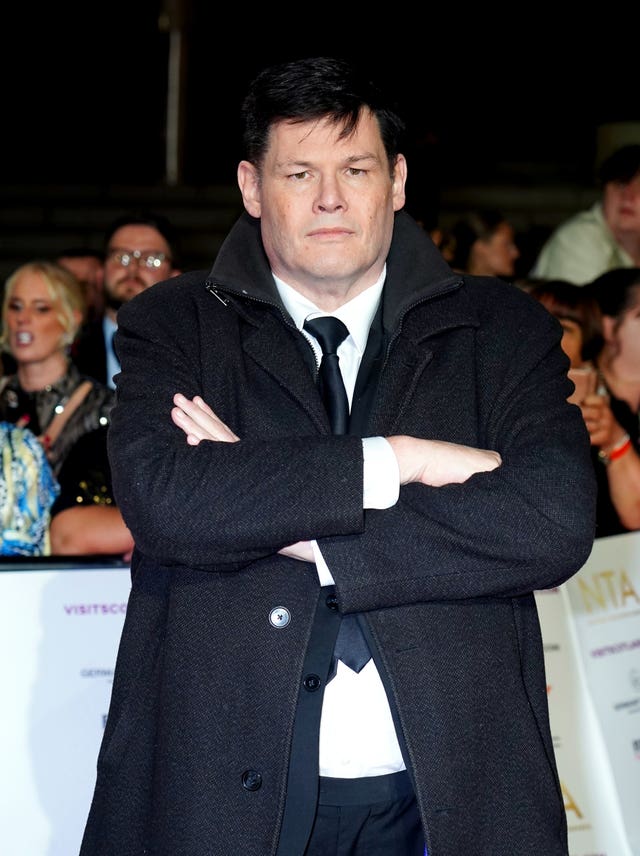
An executive producer of Horrible Histories has spoken about how the past keeps getting “re-examined” by the series as it celebrates 15 years on the BBC.
The series, based on the book series of the same name by Terry Deary, has featured comic sketches about historical figures since airing on CBBC on April 16 2009 and is known for the sarcastic rat puppet Rattus Rattus among other characters.
It has also led to films, including 2019’s Horrible Histories: The Movie – Rotten Romans starring Sir Derek Jacobi, Submarine actor Craig Roberts and Sherlock star Rupert Graves, and 2015’s Bill with Homeland star Damian Lewis, which spoofed the life of William Shakespeare. There has also been a spin-off game show and plays.

Simon Welton has worked on the series for around nine years, having entered between series six and series seven to executively produce the show with Richard Bradley.
When asked by the PA news agency about criticism of the historical accuracy of Horrible Histories over the last 15 years, Mr Welton defended the show.
He said: “I think history can be very subjective, there are quite often two sides to history, particularly if it revolves around perhaps conflict or something like that.
“I think people can often choose to have different views of history, it can be quite particular in that sense.
“But I think everything that we do is checked… every sketch comes from a true factor and that true factor has been verified from a number of sources.
“And sometimes, of course, what you’ve also got to look at is, the show has now been going for 15 years, and in that time, history is constantly re-examined.
“So sometimes, new evidence might come to light, which actually puts a different perspective on some of the history that we might have used or just history, generally, history is a sort of, in a way, it’s a constantly evolving area. So I think it’s quite a nuanced conversation to have, actually.”

In September 2014, the BBC found a sketch featuring Florence Nightingale breached editorial guidelines on accuracy after suggesting that the founder of modern nursing turned down Jamaican-born Mary Seacole for employment.
The corporation found there was no evidence Ms Nightingale would have “acted in a racially discriminatory manner” towards her fellow nurse during this period.
In recent years, the show’s song We’ve Been Here From The Start, about Black British History, has also seen online criticism, and broadcaster Andrew Neil called the song British Things “anti-British drivel” after it saw a footman singing about Queen Victoria being told items such as tea and sugar do not have their origins in this country.
Mr Welton agreed that the show can get caught up in cultural conflicts and added that Horrible Histories is “really careful” about the “accuracy of our history and songs”.
He added: “It’s important that our audience learns things, and it’s also important that we make them laugh, so it’s light-hearted… I think people can choose to take an issue with it, but that’s up to them really.”
Mr Welton also spoke about how the series has been “constantly changing and evolving” due to the way its young audience consumes media.
He says this has meant embracing TikTok, Instagram and YouTube parodies, online social media memes and hit reality shows such as Love Island in sketches.
Over the years, they have also attracted famous British faces because actors and TV personalities enjoy being “quite silly”, according to Mr Welton.

The Chase star Mark Labbett will co-host the programme alongside Rattus in coming episodes, while Blackadder actor Rowan Atkinson has previously made an appearance as Henry VIII.
Mr Welton also said the production has “dialogues” with actors about playing figures such as Indian leader Mahatma Gandhi because they may “feel a certain weight comes with that role”.
“We will always pay great attention to that, it is a subject that obviously needs to be taken very seriously,” he added.


Comments: Our rules
We want our comments to be a lively and valuable part of our community - a place where readers can debate and engage with the most important local issues. The ability to comment on our stories is a privilege, not a right, however, and that privilege may be withdrawn if it is abused or misused.
Please report any comments that break our rules.
Read the rules hereLast Updated:
Report this comment Cancel